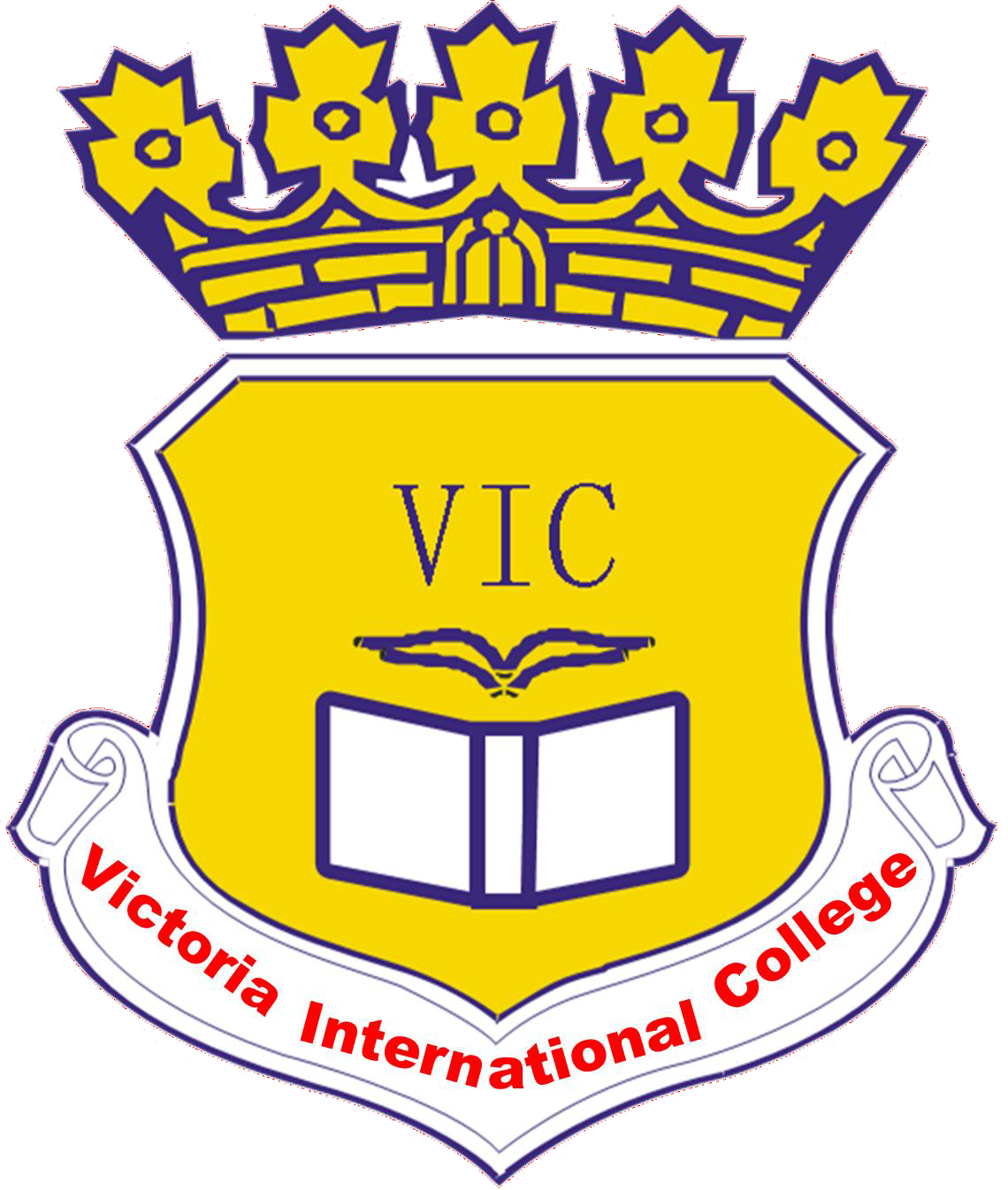becoming a compassinate & skilled childcare workers by being a early childhood assistant transform lives with a fulfilling childcare career through our online ECA course
1. job opportunities: early childcare educators/assitants are in high demand in Canada, which makes it easier to find employment and estalish a long-term career in childcare.
2. personal fulfilment: Early childcare education find their job rewarding because they make a real difference in the lives of children and encourage a child’s emotinal and interllectual growth.
3. Competitive compensation:Early childcare educators/assistants can earn a competitive wage and often recieve benefits such as healthcare coverage and paid time off.
Subjects of this program
- Foundations of Early Childhood Education
- Communications
- Infant and Child Development
- Observation Skills
- Health Safety and Nutrition
- Child, Family and Community
- Practicum I
- Introduction to Sociology
- Play-Based Early Learning Strategies
- Language and Literacy
- Introduction to Psychology
- Guiding Children’s Behavior
- Creating Inclusive Environments
- Special Needs
- Practicum II
With Elite Instructors that are registered RECEs with years of experience in large-scale childcare institutions, like YMCA, students will learn everything they need to know to become a registered Early Childcare Assistant.

VIC COLLEGE
NACC Early Childhood Assistant Program 2021
The Early Childhood Assistant (ECA) Program is designed to equip childcare workers with the required knowledge, skills, and abilities for employment as Early Childhood Assistants in day care or early learning centers. It gives students course content to be well prepared to experience the responsibilities of an ECA in two separate practicum placements where they must perform in a supervised professional setting.
What Early Childcare Assistant (ECA) Do?
Early childhood educator assistants provide care for infants and preschool to school-age children
under the guidance of early childhood educators. Early childhood educators and assistants lead children in activities to stimulate and develop their intellectual, physical, and emotional growth and ensure their security and well-being. The following is a list of some of the daily responsibilities and duties of Early Childhood Assistants. The list is not exhaustive and other duties may be assigned by employers.
- Assist and participate in the day-to-day operation of a childcare centre or early learning centre
- Help to provide a nurturing, caring environment in which young children can thrive
- Understand the physical, emotional, and intellectual development of children from infancy to age 12
- Maintain a professional approach while observing and guiding children throughout the day
- Demonstrate effective communication skills with parents, children, and co-workers
- Provide opportunities to enhance children’s self-esteem during daily activities
- Encourage socialization of children as they play and experience things together
- Be knowledgeable in related health and safety issues during daily operations
- Understand nutritional requirements of young children as they relate to daily meal planning and assisting with mealtime
- Supervise children during indoor and outdoor play and during rest periods
- Lead children in activities by telling stories, teaching songs and preparing craft material
- Guide and assist children in the development of proper eating, dressing and toilet habits
- Attend staff meetings to discuss progress and problems with children
- Assist the supervisor in keeping records
- Maintain day care equipment and assist in housekeeping duties

VIC COLLEGE
Career Path
Upon graduating students will not only receive an ECA Diploma but also a First Aid & CPR Certificate.
The Early Childhood Assistant Program provides the foundational skills necessary to move into an Early Childhood Education Program.
The Early Childhood Assistant program prepares graduates to work with infants, toddlers, preschool, and school-aged children and their families in a variety of early learning settings including child-care centers, daycare centers, kindergartens, agencies for exceptional children and other settings where early childhood education services are provided.
- Foundations of Early Childhood Education
- Communications
- Infant and Child Development
- Observation Skills
- Health Safety and Nutrition
- Child, Family and Community
- Practicum I
- Introduction to Sociology
- Play-Based Early Learning Strategies
- Language and Literacy
- Introduction to Psychology
- Guiding Children’s Behavior
- Creating Inclusive Environments
- Special Needs
- Practicum II
- Duration: 36 weeks
- Total Instruction Hours: 1000 hours (Theory 675h + Placement 325h)
